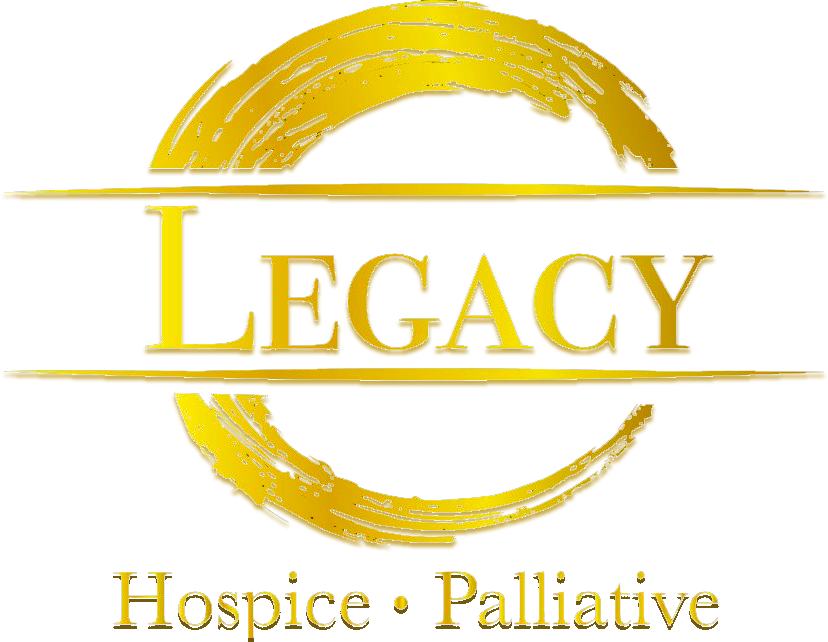Menu
Specialized medical care for people with serious illness. This type of care is focused on providing relief from the symptoms and stress of a serious illness. The goal is to improve quality of life for both the patient and the family.

Palliative care is a specialized approach to healthcare that focuses on improving the quality of life for individuals facing serious illnesses, regardless of their prognosis. The primary goal of palliative care is to provide relief from the symptoms, pain, and stress of the illness, while also addressing the emotional, social, and spiritual needs of patients and their families.
Palliative care can be provided alongside curative treatments and at any stage of a serious illness, from the time of diagnosis through to the end of life. It is delivered by a multidisciplinary team of healthcare professionals, including doctors, nurses, social workers, counselors, and other specialists, who work together to develop a comprehensive care plan tailored to the individual’s needs and preferences.
Key components of palliative care may include pain management, symptom control, psychosocial support, spiritual care, and assistance with decision-making and advance care planning. Palliative care aims to enhance the patient’s quality of life by addressing physical discomfort, improving emotional well-being, fostering meaningful connections with loved ones, and helping patients and their families navigate the complexities of serious illness.
While palliative care shares some similarities with hospice care, it differs in that it can be provided at any stage of illness and is not limited to patients with a terminal prognosis. Palliative care is an integral part of comprehensive healthcare for individuals with serious illnesses, focusing on holistic support and improving the overall well-being of patients and their families.
Palliative care is important for several reasons
Palliative care focuses on improving the quality of life for individuals facing serious illnesses by addressing their physical symptoms, pain, emotional distress, and other sources of suffering. By providing holistic support and personalized care, palliative care helps patients live as fully and comfortably as possible, regardless of their prognosis.
Palliative care specialists are trained in managing complex symptoms associated with serious illnesses, such as pain, nausea, fatigue, shortness of breath, and anxiety. By effectively managing these symptoms, palliative care helps relieve suffering and improve the overall well-being of patients.
Palliative care provides comprehensive support not only to patients but also to their families and caregivers. It offers emotional, psychosocial, and spiritual support, as well as assistance with communication, decision-making, and advance care planning. This support helps alleviate the burden of caregiving and enables families to navigate the challenges of serious illness with greater resilience and coping skills.
Palliative care emphasizes patient-centered care and respects the individual goals, values, and preferences of patients. Palliative care teams work closely with patients and their families to understand their priorities, wishes, and treatment goals, and to develop care plans that align with their values and preferences.
Palliative care provides continuity of care across different healthcare settings and stages of illness. Palliative care teams collaborate with primary care providers, specialists, and other healthcare professionals to ensure seamless transitions and coordinated management of care. This integrated approach helps optimize the effectiveness of treatment and support services while minimizing gaps in care.



patient, disease, terminal illness, nursing, therapy, compassion, physician, caregiver, grief, quality of life, chaplain, employees, volunteering, pain, pain management, nursing home, health care, medical record, physical therapy, bereavement, compassionate care, legacy hospice, healthcare, discrimination, dignity, prognosis, medicaid, primary care, registered nurse, psychosocial, life expectancy, shortness of breath, comprehensive, palliative, medication, fatigue, social work, nausea, policy
legacy palliative care, legacy hospice and palliative care, legacy hospice, what is palliative care, palliative care meaning
disease, patient, physician, nursing, nursing home, caregiver, therapy, grief, quality of life, terminal illness, medication, health care, chaplain, pain, dignity, primary care physician, compassion, consumer, medicaid, primary care, empathy, home care, stress, social work, mother, skip to content, medical, palliative, county, assisted living, senior living, prognosis, employees, volunteering, pain management, medical record, physical therapy, bereavement, compassionate care, legacy hospice, healthcare, discrimination, registered nurse, psychosocial, life expectancy, shortness of breath, comprehensive
legacy hospice, legacy hospice and palliative care, legacy